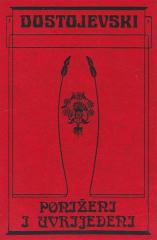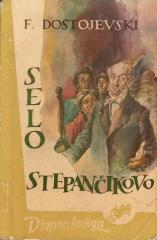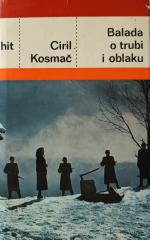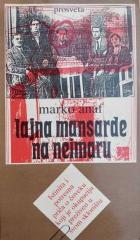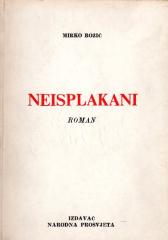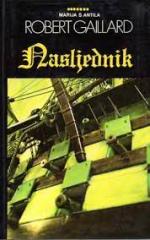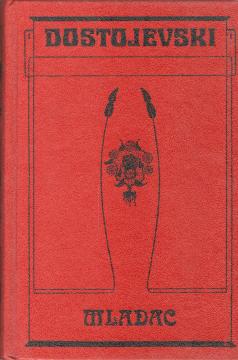
Mladac
The Young Man (1875) by Fyodor Dostoevsky is a complex novel about coming of age, moral struggles, and social conflicts in 19th-century Russia. The novel, although less well-known, is a powerful portrayal of internal struggle and social tensions, with an
The narrator is Arkady Dolgoruky, a twenty-year-old young man, the illegitimate son of the nobleman Versilov, who struggles with feelings of inferiority and seeks his place in the world. Arkady arrives in St. Petersburg carrying a letter that could compromise prominent figures, including the young widow Catherine.
His relationship with Versilov, a charismatic but unstable father, is marked by admiration and disappointment. Versilov's ambiguous relationship with Catherine and his philosophical ideas about Russia and Europe further complicate the plot. Arkady becomes involved in social intrigue, gambling, and conflict, trying to prove his worth. His obsession with the "idea" of wealth and power reflects an internal struggle between ideals and selfishness.
The novel explores themes of generational conflict, the trauma of illegitimate origins, and the search for identity. Through Arkady's experiences, Dostoevsky criticizes the moral emptiness of the aristocracy and the nihilistic tendencies of youth. Supporting characters, such as the old man Makar, bring a spiritual dimension, while complex relationships reveal Dostoevsky's psychological depth. The Young Man ends with Arkady maturing, embracing more modest ideals, and coming to terms with his past.
One copy is available
